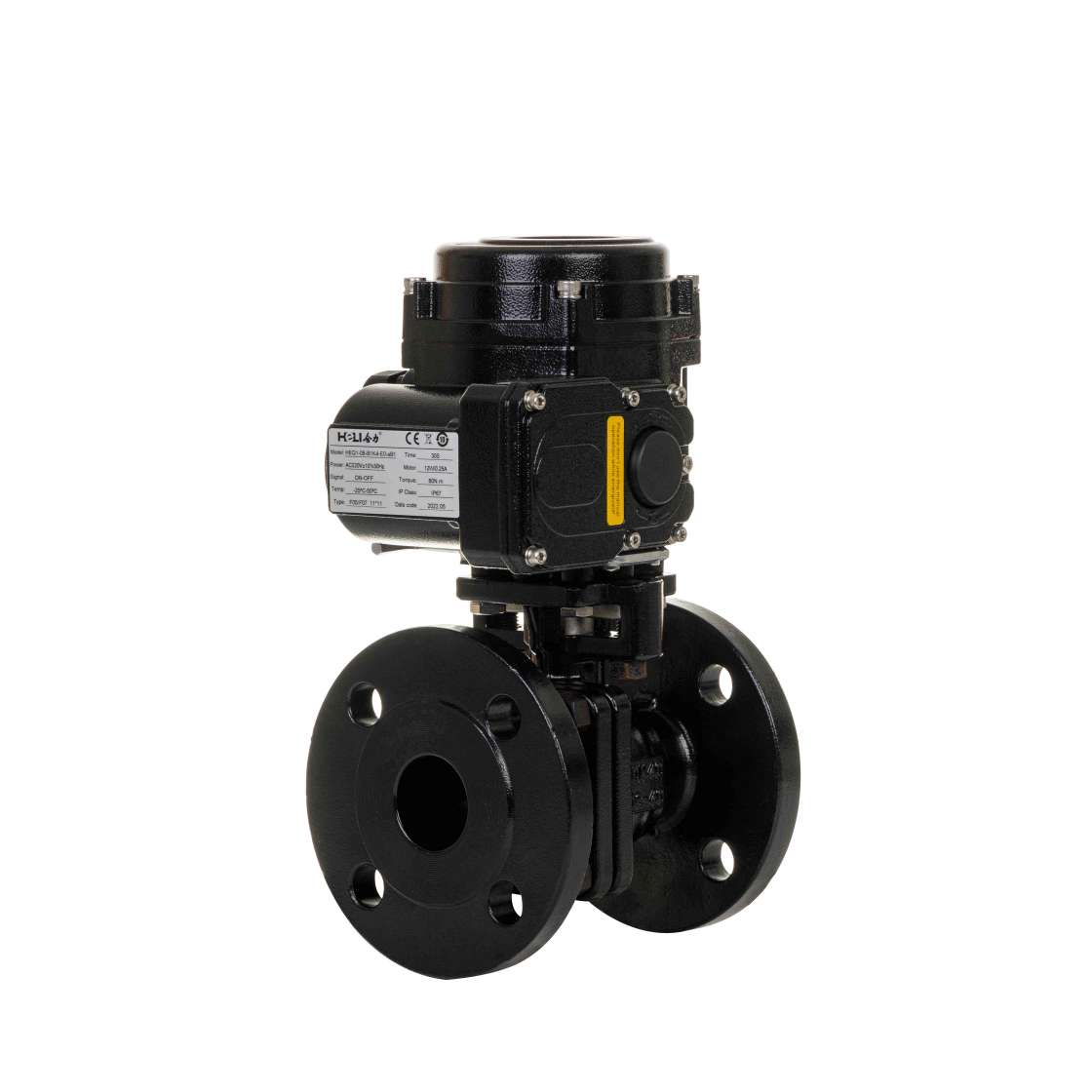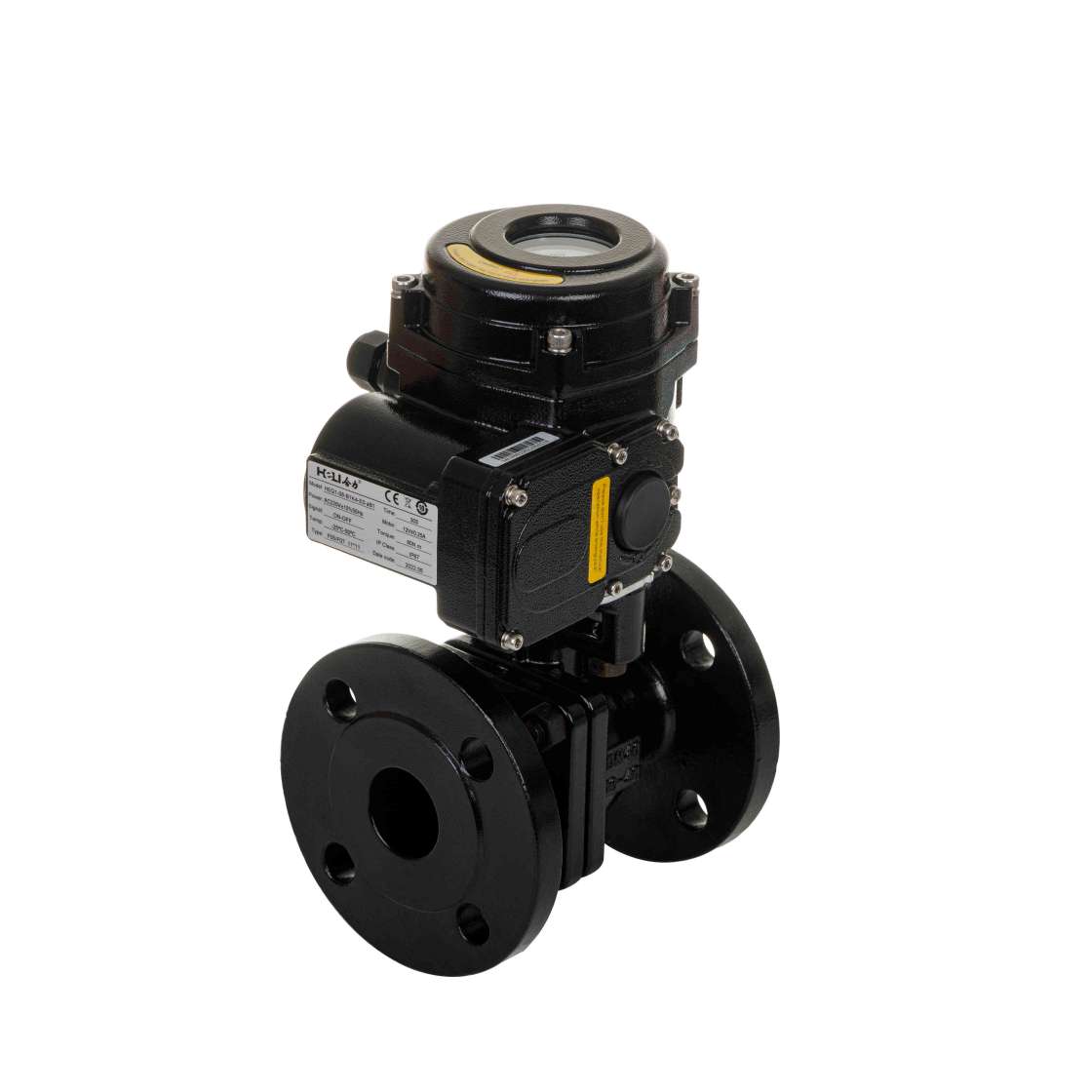
In industrial applications where hazardous environments are common, ensuring safety and reliability is paramount. One of the most crucial components in such settings is the valve system, which is responsible for controlling the flow of gases, liquids, and other substances. The WCB Explosion-proof electric valve serves as a key device in ensuring the secure operation of industrial processes in areas prone to explosions and fires. This article explores the features, applications, and importance of the WCB Explosion-proof electric valve in maintaining safety and enhancing operational efficiency in dangerous environments.

What is a WCB Explosion-proof Electric Valve?
A WCB Explosion-proof electric valve is a type of automated valve that combines explosion-proof technology with an electric actuator. The term "WCB" refers to the material composition of the valve body, typically made from WCB (cast carbon steel), which provides a balance of strength and corrosion resistance. The electric actuator allows the valve to be controlled remotely, making it ideal for automated systems. The explosion-proof feature is essential, as it ensures that the valve operates safely in environments where there is a risk of fire or explosion, such as in chemical plants, oil refineries, and gas stations.
